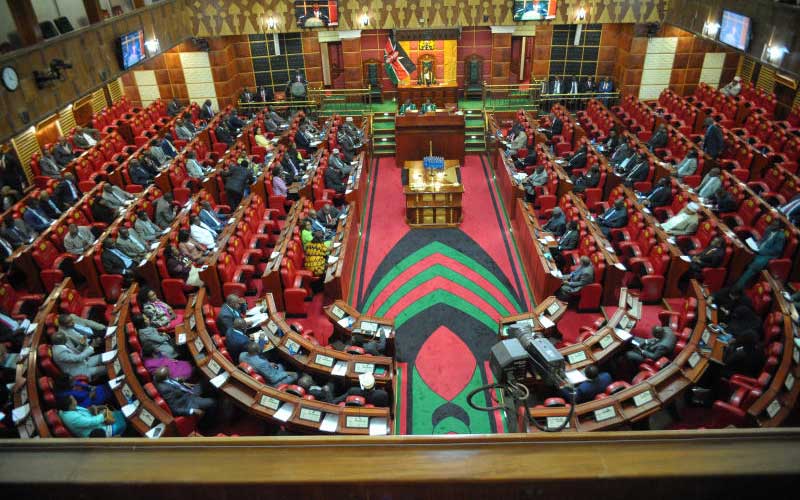×
The Standard e-Paper
Kenya’s Boldest Voice

Committee says women politicians have come of age and are now capable of taking on their male counterparts in polls.
A Senate committee has thrown into jeopardy a proposed law to get more women into Parliament through the implementation of the two-thirds gender principle.